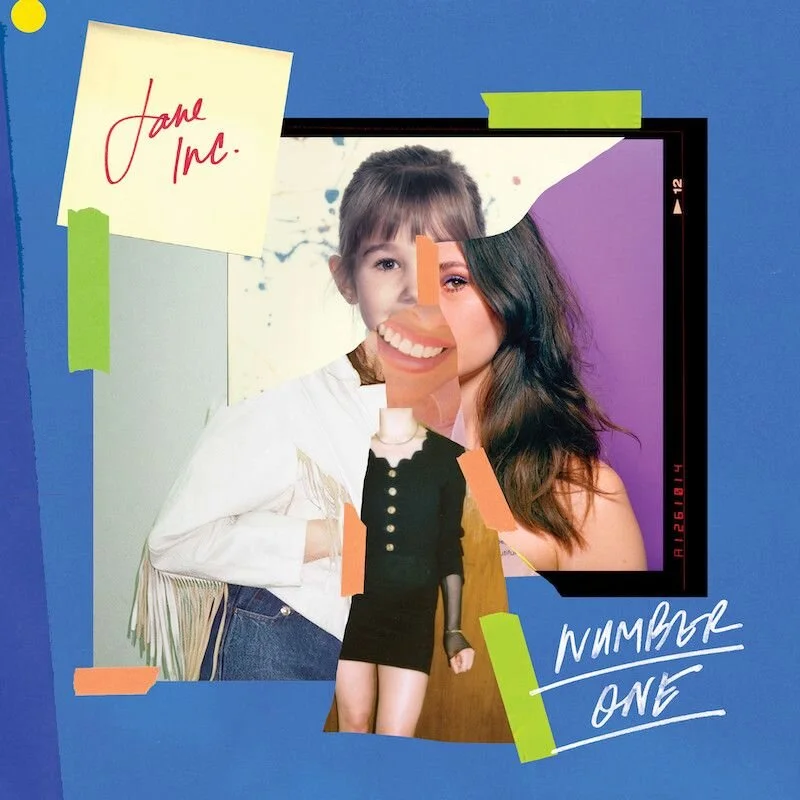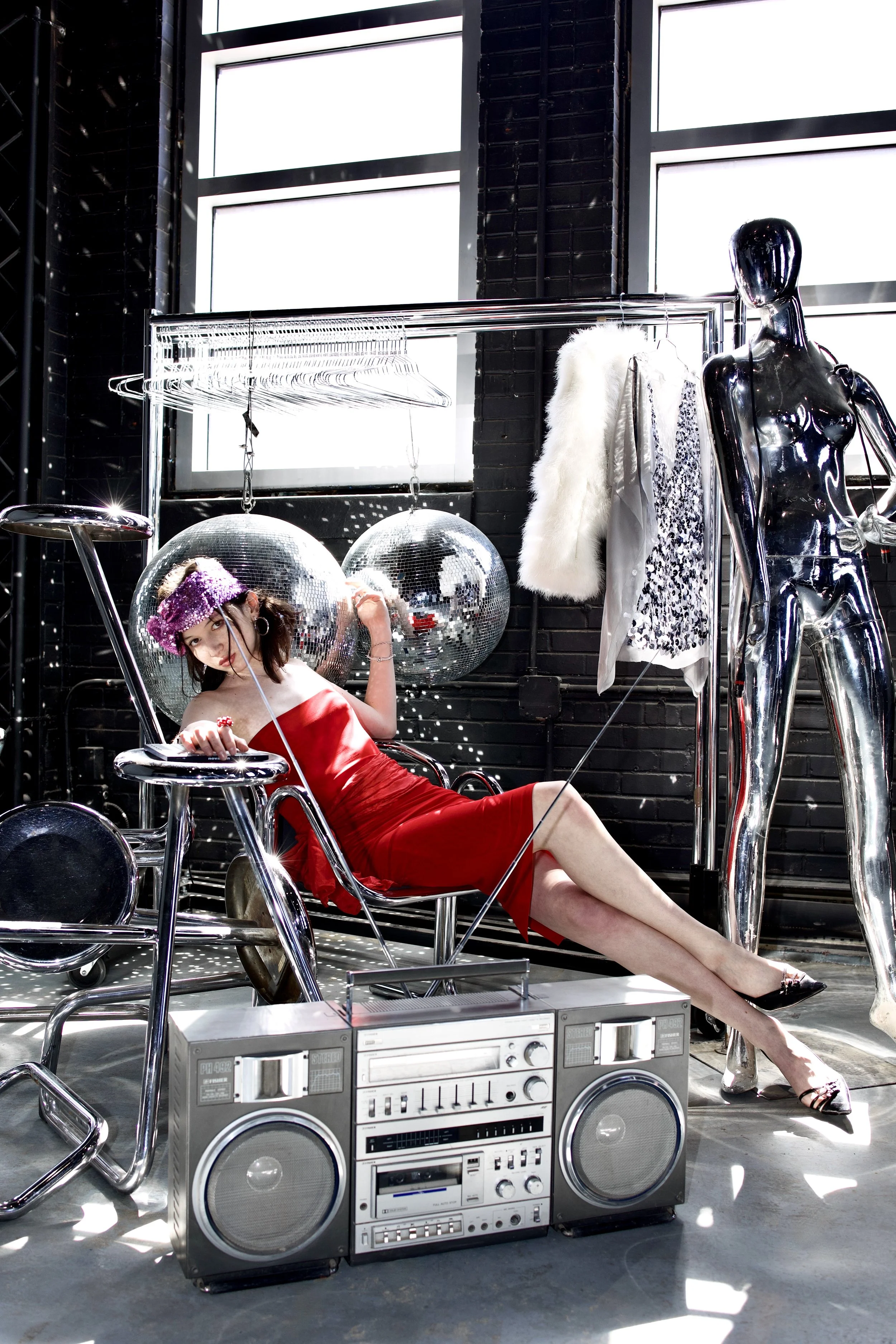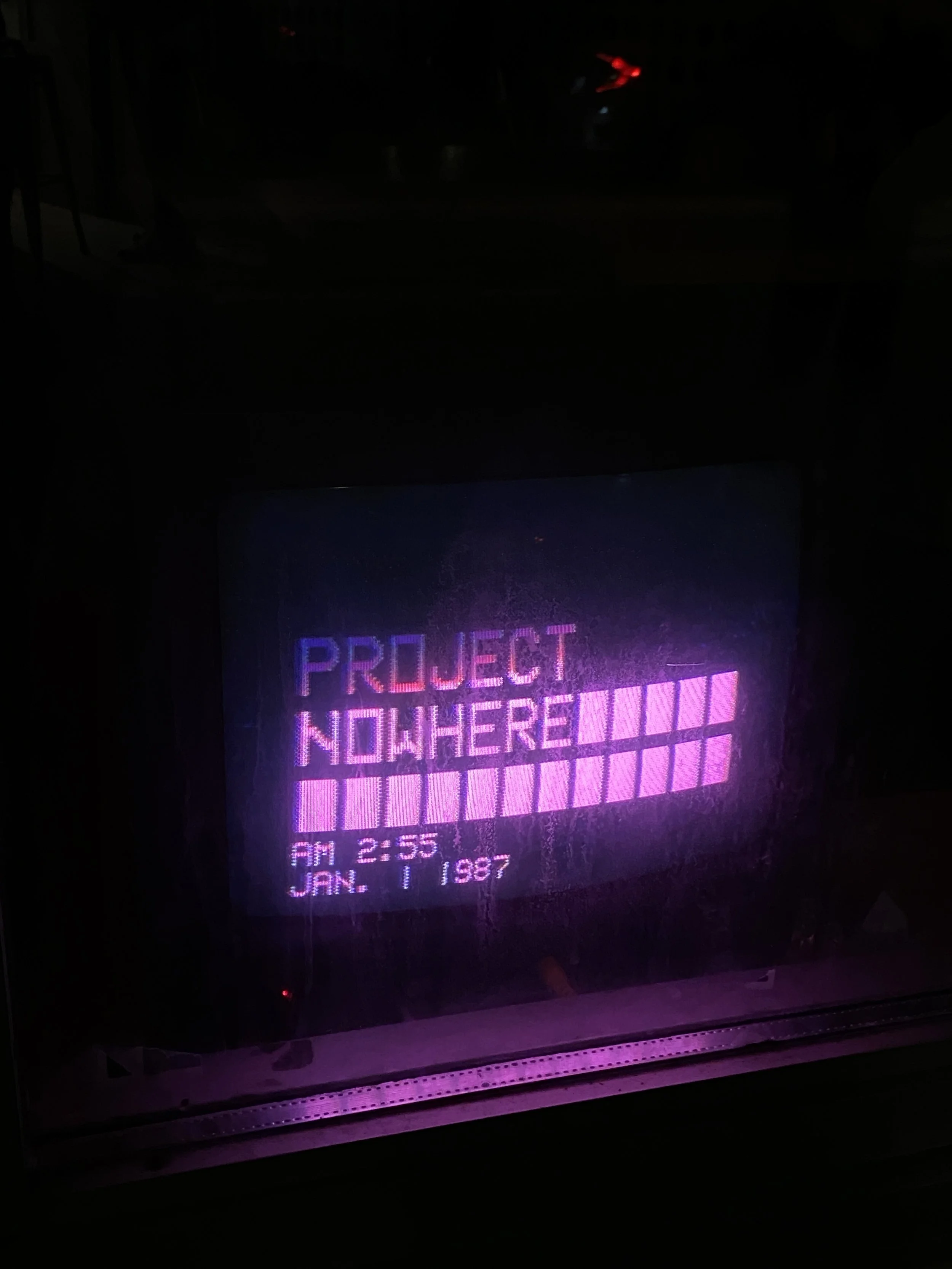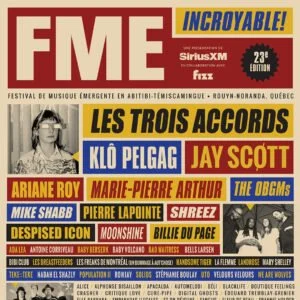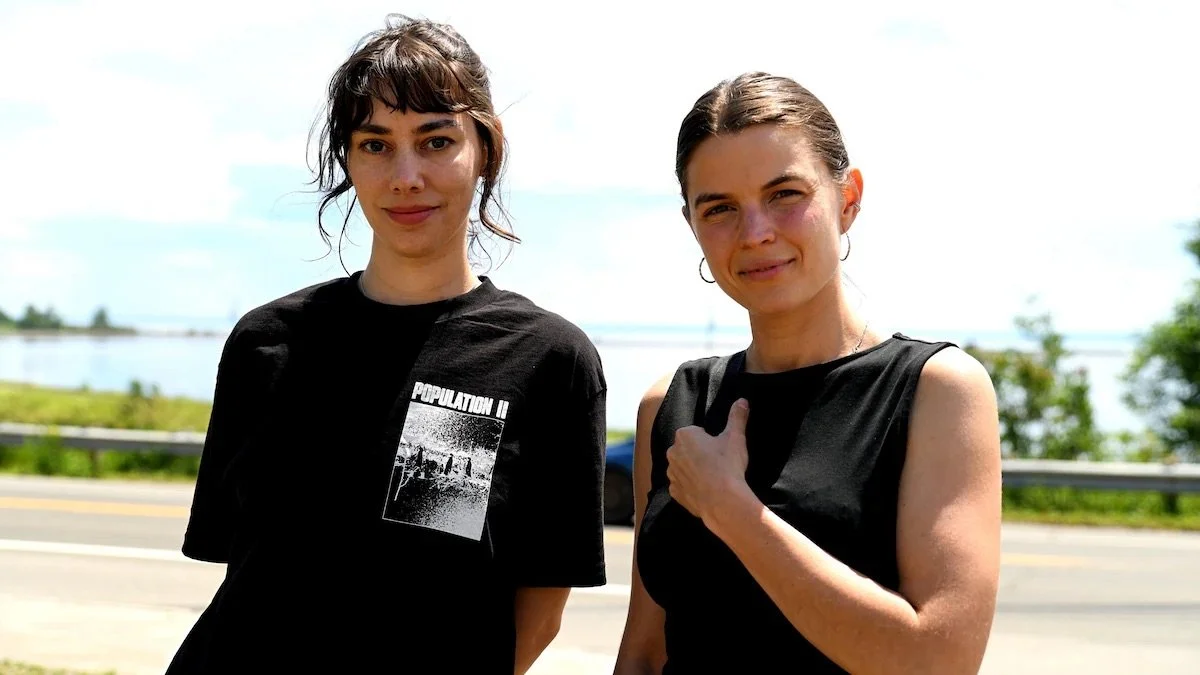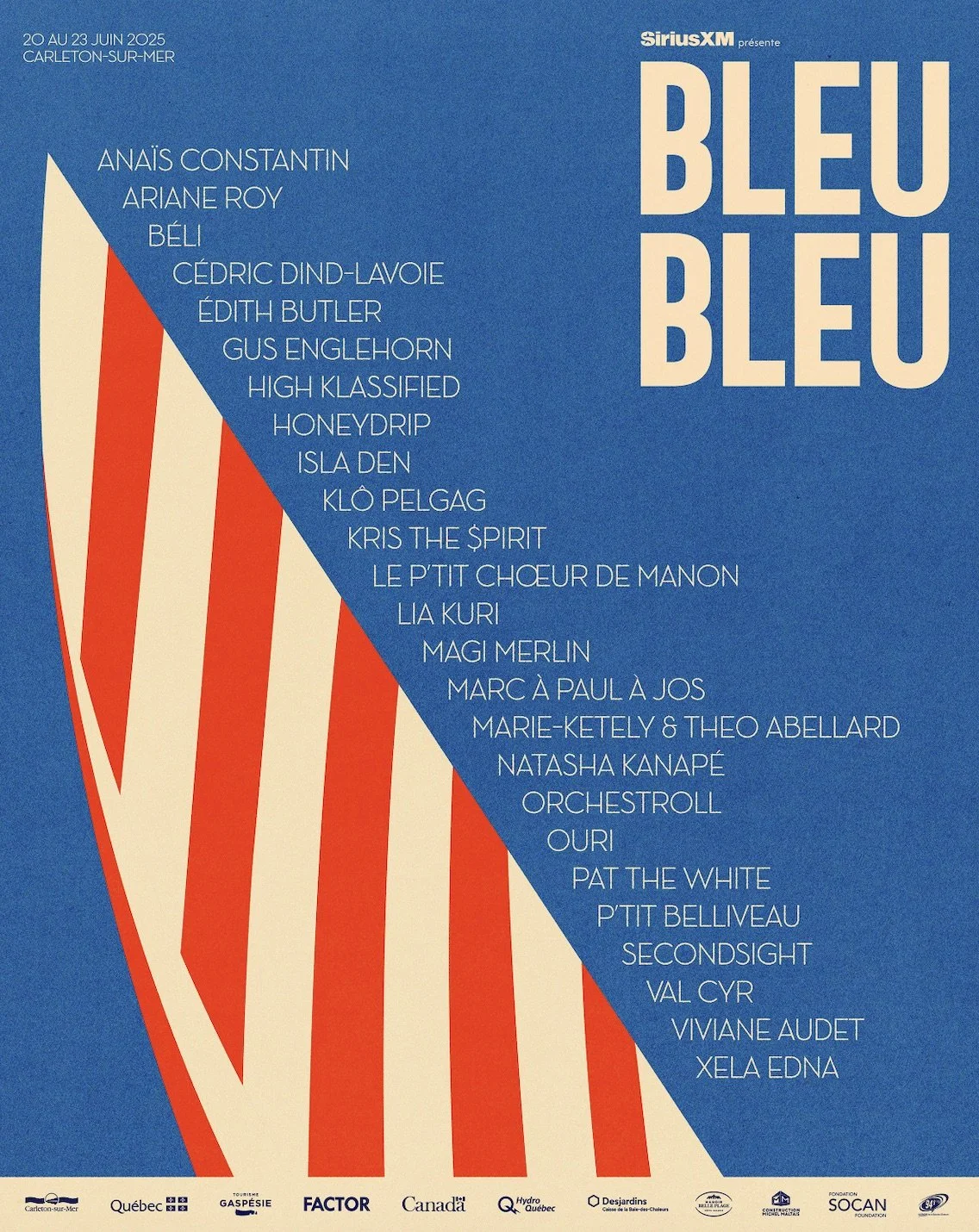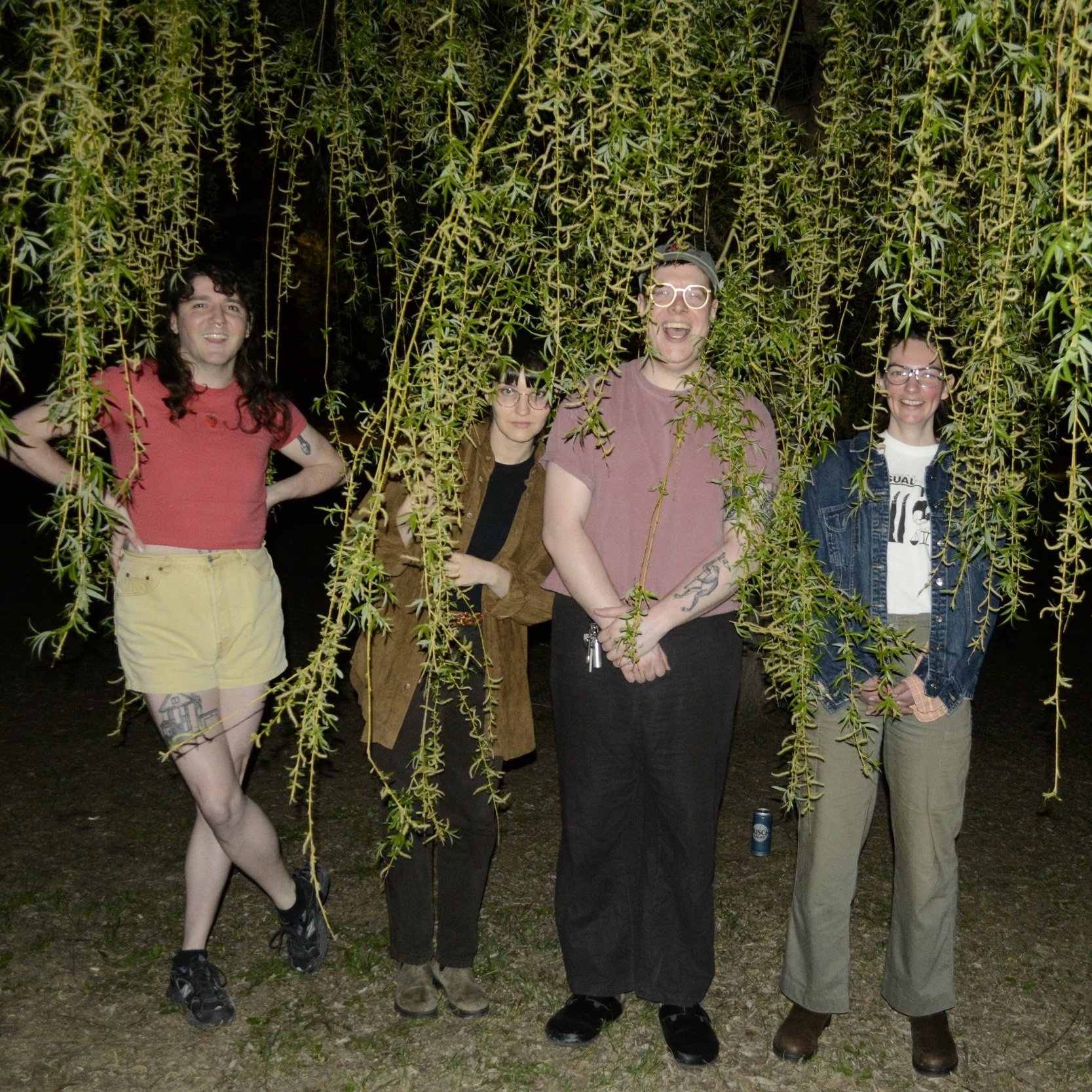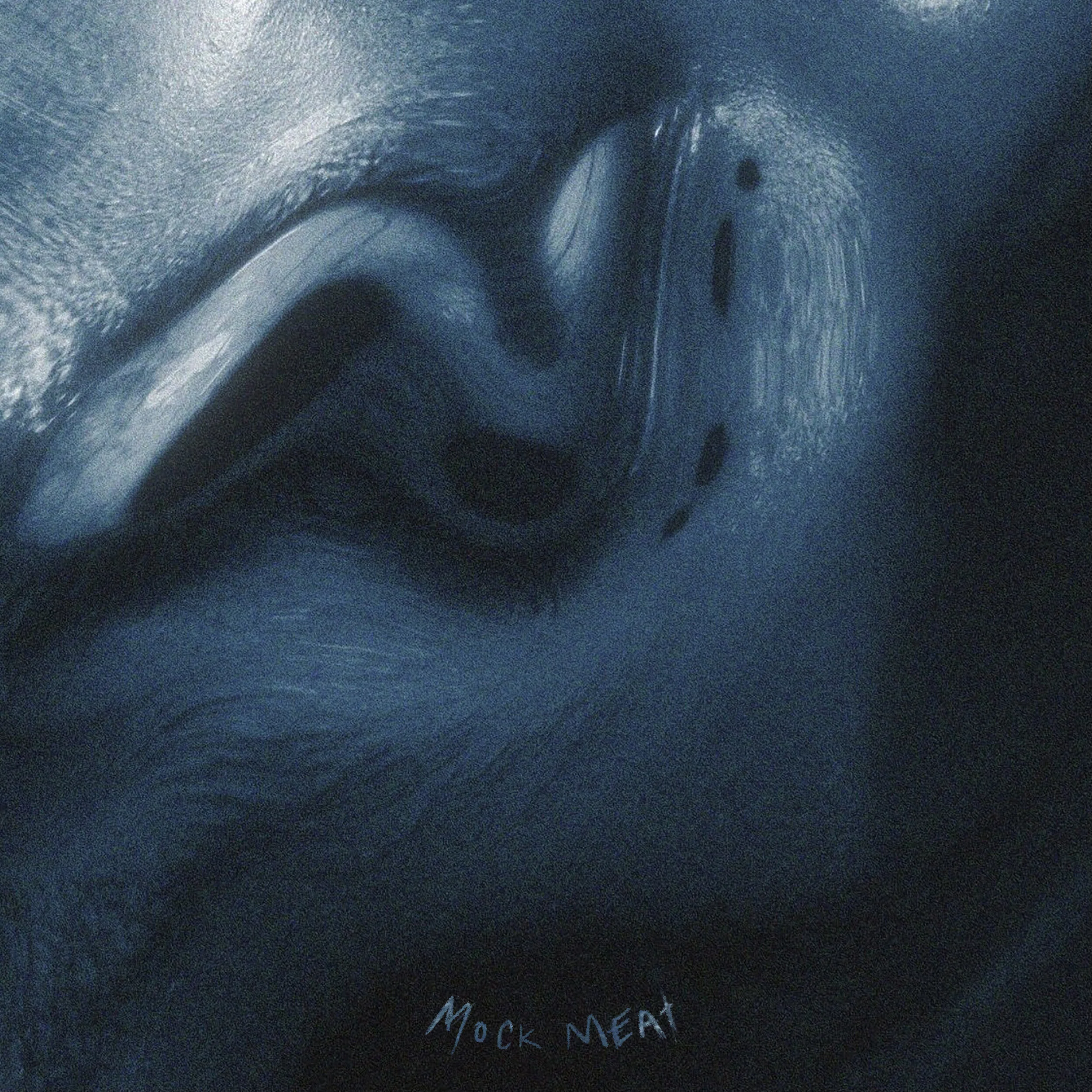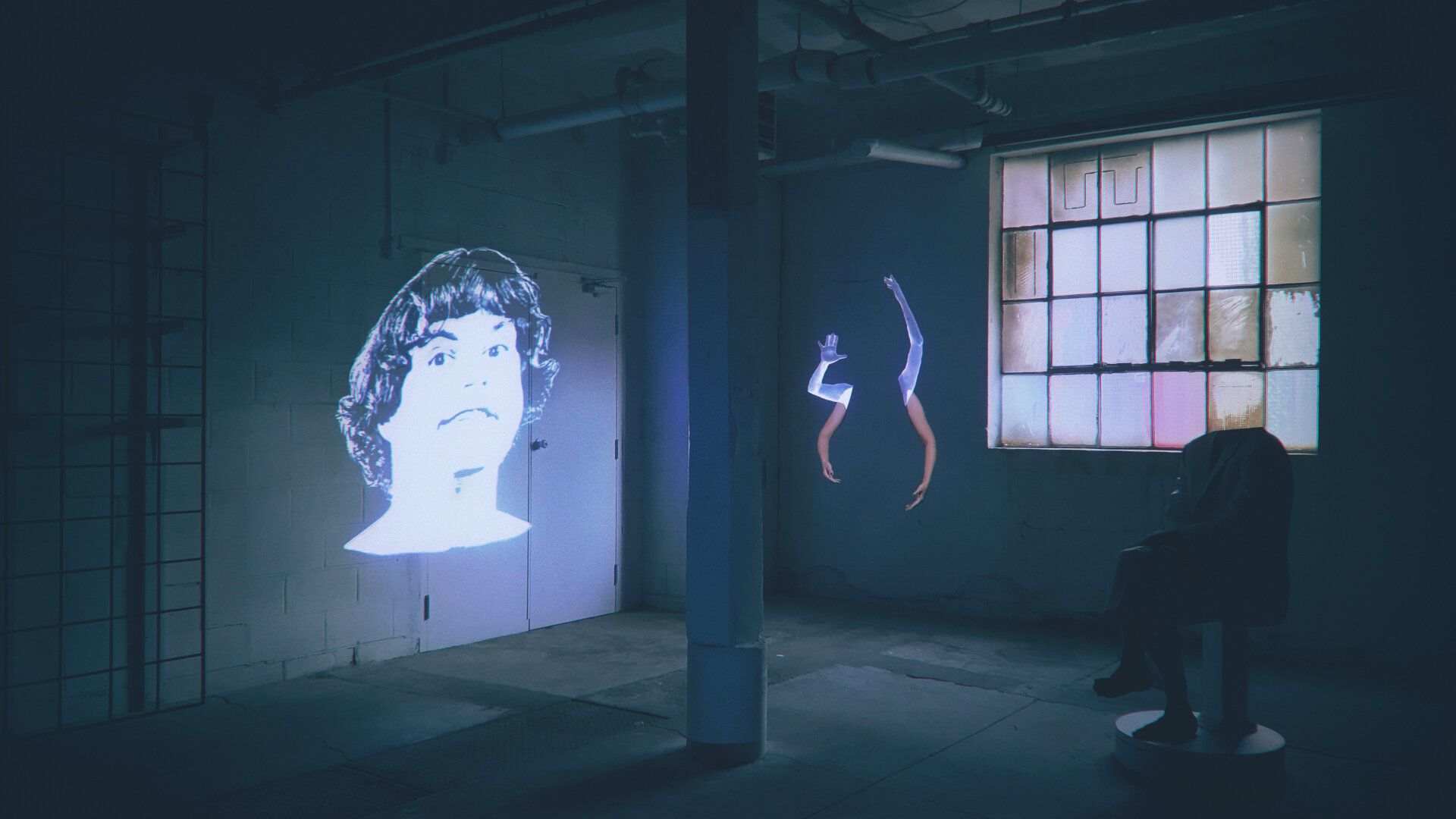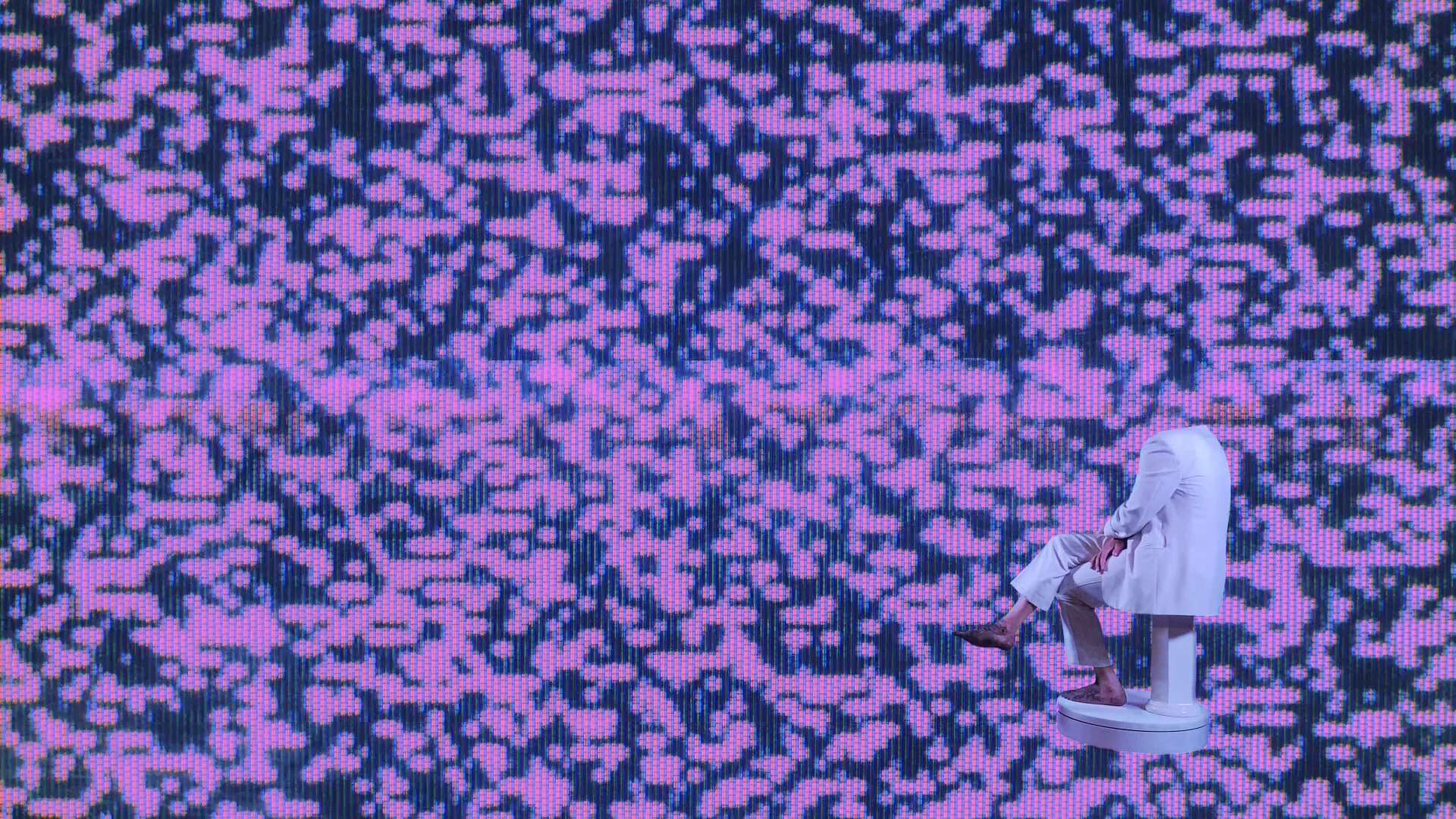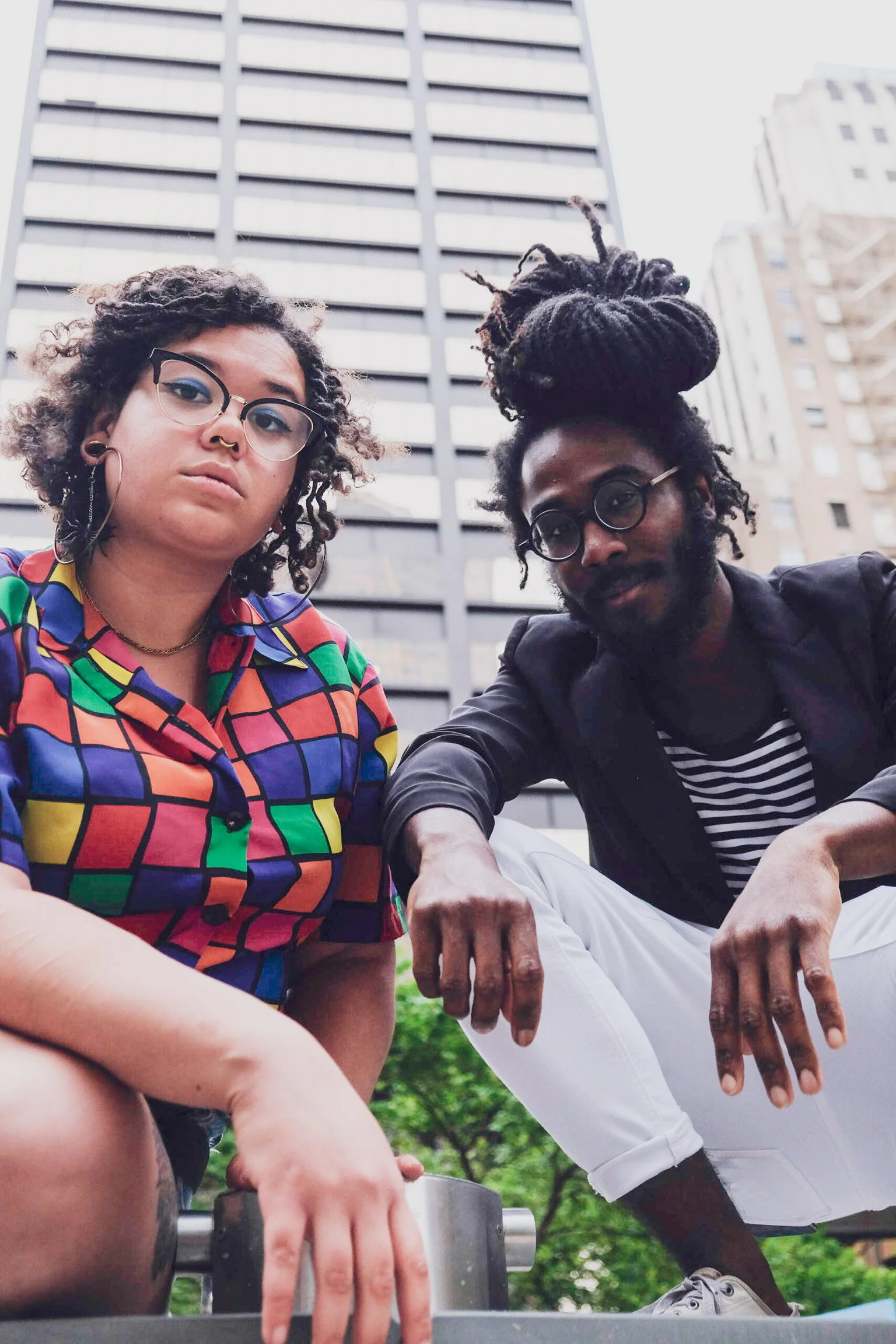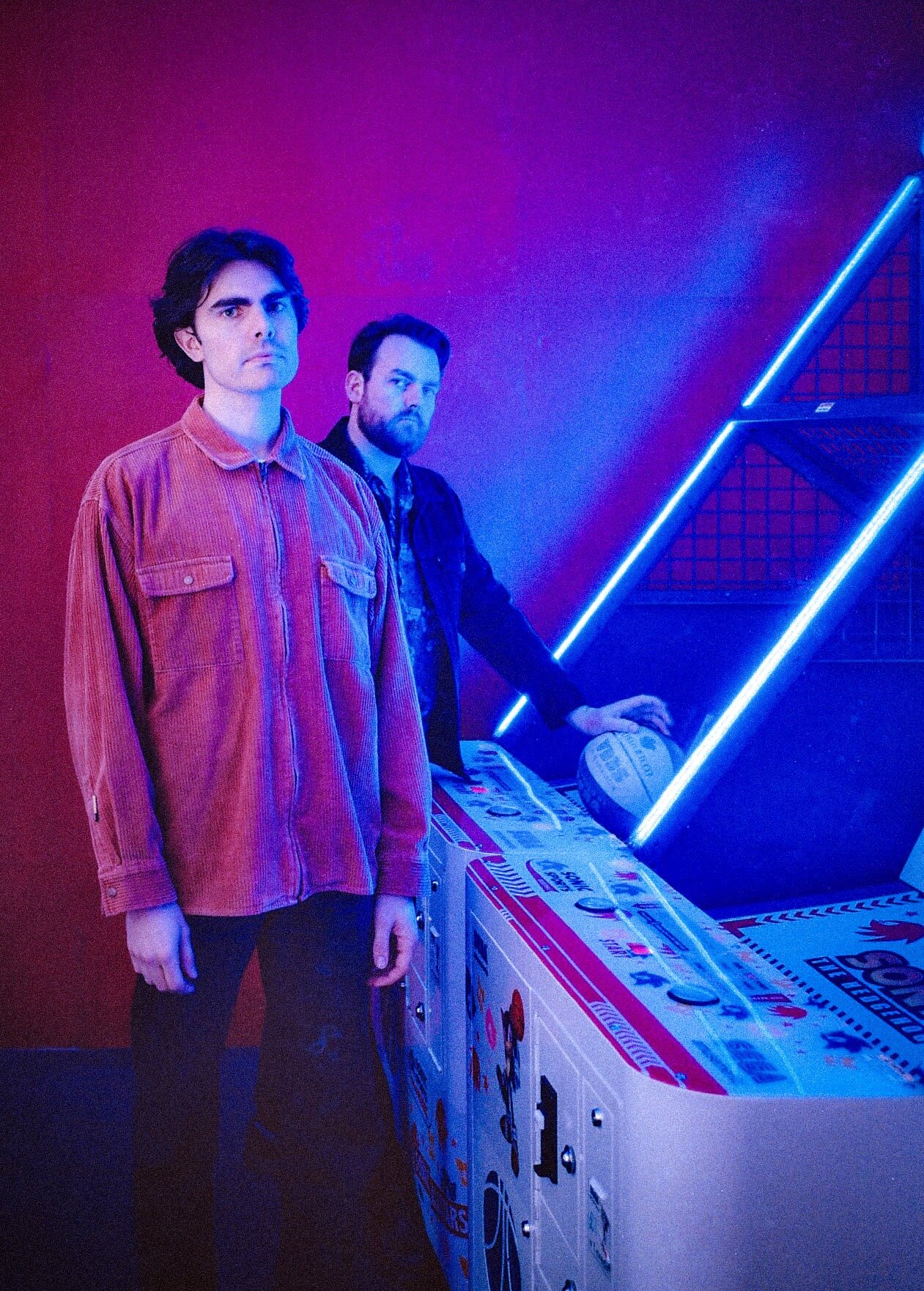In Conversation: Carlyn Bezic Talks Taking Up Space On and Offline with New Project Jane Inc
Jane Inc by Andrew McGill
What role do you play in today’s social media rat-race? Are you an observer (always monitoring, never posting); a creator (sharing content related to you and your interests); a critic (engaging with and commenting on said content), or; a luddite, in the sense that you’re disenchanted altogether and logged off (and out) forever? Whatever your involvement in whichever form of feed Discourse™, one’s stance on social media translates as a fraction of the self — sometimes, in more ways than one — across online spaces. These curated extensions of the self are of particular interest to Toronto musician Carlyn Bezic, and are given centre-stage in her new solo project, Jane Inc.
Known for her involvement in acts like Ice Cream, Darlene Shrugg and as a touring member of US Girls, Bezic realizes years worth of side-gigged musical experimentation as Jane Inc. Building off samples, break-beats and Ableton tutorials, Jane Inc’s debut Number One is out on Telephone Explosion Records March 19th, and serves as a reminder that Bezic is no one-trick-pony.
What started as layering bass, guitar, synth, and vocals on top of drum breaks and samples has now transformed into the dance-machine that is Jane Inc, with Bezic as its ring-leader. With the help of recruited support from Toronto recording engineer and stalwart Steve Chahley (Badge Epoque Ensemble, US Girls, Ben Stevenson) to coproduce, the duo recorded live drums performed by Evan J. Cartwright (US Girls, Tasseomancy), saxophone by Nick Dourado (BUDi Band, Aquakultre, Fiver) and wurlitzer by Scott Harwood (Scott Hardware) to marry Bezic’s hypnotic, cyber reveries and glittering grooves.
Leading up to her release, I got the chance to chat with Bezic on taking the reins with her latest musical venture, and how she dissects the tensions between the self and the ills of today’s digital climate on her anticipated release Number One.
To open our conversation, Bezic tells me about the origin of Jane Inc, which she explains was inspired by stringing together a myriad of concepts. “The name was born out of a few things. My middle name is Jane, so it’s kind of about me in a way. But, I also liked Jane as in, Jane Doe… Someone who is a blank ‘woman’ figure. ‘Inc’ also plays on my approach to the writing and recording process, where I thought of [the project] as my own little company where I’m playing a bunch of different roles, you know?”
Bezic elaborates on the shapeshifting quality of Jane Inc, asserting that it’s personified more as an artistic mindset, rather than a traditional alter-ego. “[Jane Inc] is like a mental trick. It was helpful for me to view, say, a baseline as something other than a direct reflection of me — Carlyn, as a human being — that supposedly expresses to you exactly who I am. This framework was informed by an explicit exploration of how what you do online creates a new being removed from reality — which can be both liberating and also terrifying.”
From here, our conversation shifts onto the topic of how artists in particular struggle to exist, both in relation to survival and relevancy, without having some kind of online presence. Noticing Bezic comments on this in her songwriting, I ask her how she navigates the difficult position of wanting to be critical of this phenomenon, while also having to be complicit in it.
Sighing in a way that feels relatable, despite the lag of our Zoom call, Bezic states: “I mean, I find it to be a real mind-fuck.”
Jane Inc by Andrew McGill
“The way I personally engage with the Internet isn’t very healthy, I think. I’m 100% addicted to the Internet, even though I know it’s really insidious. I’ve been experimenting with posting more and showing myself, which feels strange and disingenuous because our engagement habits are so intrinsic to our perceived empowerment. When this is tied to the thing you’re creating… it becomes even more complicated. [My music] isn’t then just an extension of who I am as a person, but also a product, and I become its advertisement — even though I’m just a human being. It’s inescapable because it is so essential for my job, and I’d rather have some control over how I am perceived by handling my social media presence myself.” Continuing on this notion of how she remains purposeful in navigating the maze of social media, Bezic comments:
“Intentionally taking up online space represents a growth for me. I’m trying to be more comfortable sharing [my music] and being myself, and it feels similar to what it would be like in real life and during a performance. That being said, when I think about it deeply, this comes at the expense of commodifying myself and the art that I’m making. So, like I said, it really is a necessary beast.”
Through listening to her teaser tracks from Number One, I noticed Bezic’s lyrics air her frustrations with the physical world in parallel with her commentary on social media. Her single “Steel” struck me as an observation on how identity is manufactured by our physical surroundings; through mundane, daily activities. I was curious to know if the sentiment I was picking up on was informed by Bezic’s experiences with the fast-paced rhythm of Toronto.
“Toronto is a city that hates creative people. We are also seeing in a really real and horrifying way how it also hates low-income people, unhoused people and racialized people. [‘Steel’] was born out of a very complicated relationship I have with Toronto, as I grew up here and have lived here the majority of my life. Though Toronto has a very strong [arts] community and is full of creative people, its bureaucratic, big city energy doesn’t allow for any sustainability. It hates itself. Even before the pandemic, I felt like I had no energy. The city was never giving me energy. Everyone is working to live, or living to work, the places [we] love are closing down and rents are skyrocketing. You know, the same old story as everywhere else. The opportunity keeps on getting smaller and smaller,” Bezic laments.
Bezic’s outlook took an upward turn towards the end of our interview, where she told me about looking ahead and her plans for the future.
“Though I complain that Toronto sucks, there are a lot of musicians here who really inspire me and push me forward. I am excited, and feel lucky to have collaborated with them [on this record]. I’m looking forward to eventually having a band at some point and figuring out a nice little setup for doing livestreams or something lowkey. Other than that, I’m already writing the next album, which I’m hoping to release in the next year.”
Jane Inc by Andrew McGill
NUMBER ONE
Out via Telephone Explosion Records on March 19, 2021
1. Gem
2. Steel
3. Faceless, Bodiless
4. Dirt and The Earth
5. Bloom Becomes Me
6. My Oldest Friend
7. His, Mine
8. Obliterated
All songs written and performed by Carlyn Bezic
Drums and Vermona by Evan J. Cartwright
Saxophone on "Bloom Becomes Me" by Nick Dourado
Wurlitzer on "Faceless, Bodiless" by Scott Hardware
Mixed by Steve Chahley and Anthony Nemet
Produced by Steve Chahley and Carlyn Bezic
Toronto, 2020

